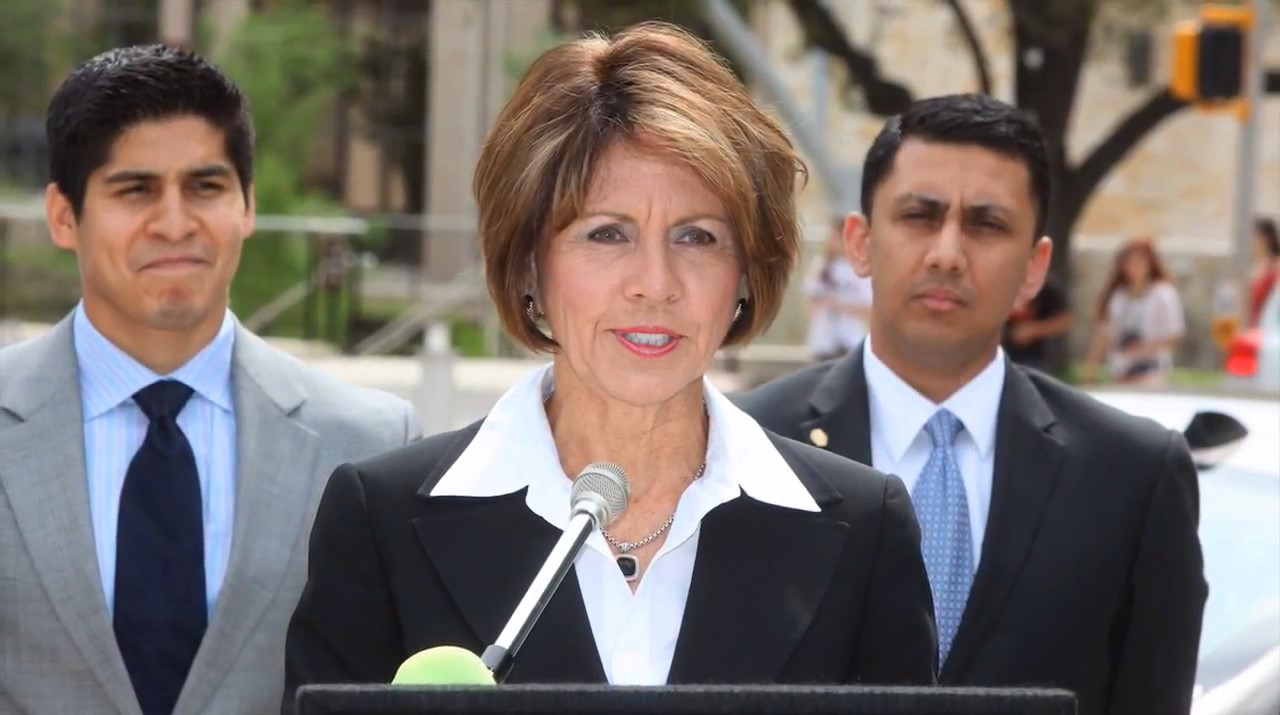
Professional local government managers are hired and directed by the elected city, town, or county council or other governing body to oversee the daily operations of a community or entity. These appointed managers are nonpartisan and nonpolitical. They may have different titles—city manager, town administrator, county executive, to name a few—but they all oversee the day-to-day business of local governments in an ethical, efficient, and transparent manner.
Much like executives who direct private-sector corporations, professional local government managers provide leadership, vision, and a focus on results that is needed to create better communities by
- Managing financial and human resources.
- Overseeing the delivery of essential community services.
- Planning strategically for community development.
- Using performance metrics to drive continuous improvement.
- Committing to the highest level of ethical standards.
While their responsibilities may vary from community to community, professional city, town, and county managers are typically responsible for
- Working with elected officials (mayors and city, town, and county councils) to develop sound approaches to community challenges by bringing together resources that produce results that matter.
- Helping the governing body develop a long-term vision for the community that provides a framework for policy development and goal-setting.
- Preparing a comprehensive annual budget and capital improvement program and managing local government staff, budgets, programs, and projects.
- Overseeing the delivery of local government services, which may include public works; police, fire, and public safety; planning and economic development; parks and recreation; libraries; youth services; resource recovery and recycling; sanitation; and utilities.
- Developing performance measurement systems for local government services.
- Applying for and administering federal, state, and private foundation grant funding.
- Recruiting, hiring, and supervising the local government workforce, including key department heads.
- Preparing council or board meeting agenda materials.
- Bringing a community-wide perspective that considers past and future challenges to policy discussions.
- Encouraging inclusion and building consensus among diverse interests (including those of the elected officials, the business community, and citizens) by focusing on the needs of the entire community rather than the interests of only a few individuals.
- Promoting equity and fairness by ensuring that services are fairly distributed and that administrative decisions (such as hiring and contracting) are based on merit rather than favoritism.
- Developing and sustaining organizational excellence and promoting innovation.
- Ensuring that laws and policies are enforced fairly throughout the community and that the government runs ethically and transparently.
Professional city, town, and county managers establish a commitment to excellence within the local government organization that sets the tone for all employees. These individuals expect staff at all levels, from department directors to line employees, to meet high standards in service delivery, accountability, and ethics. Together, they look for more effective and efficient ways to serve the members of their community.
I
